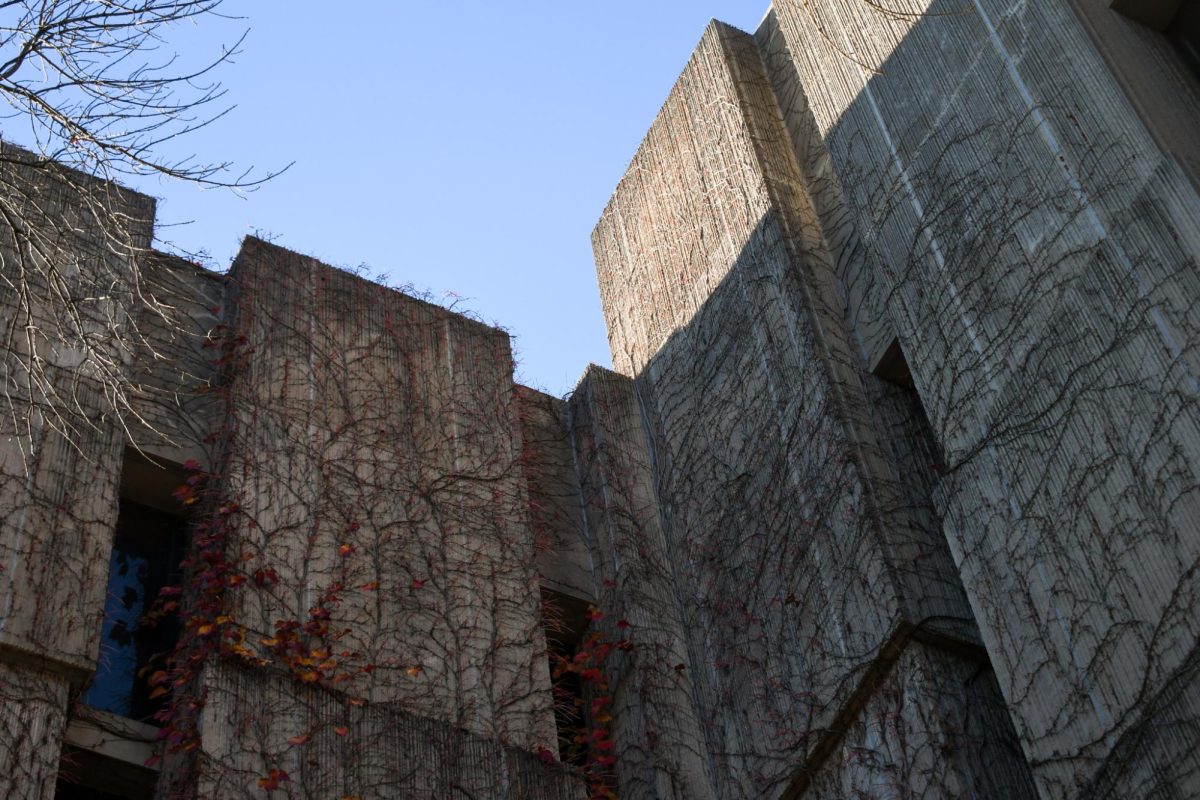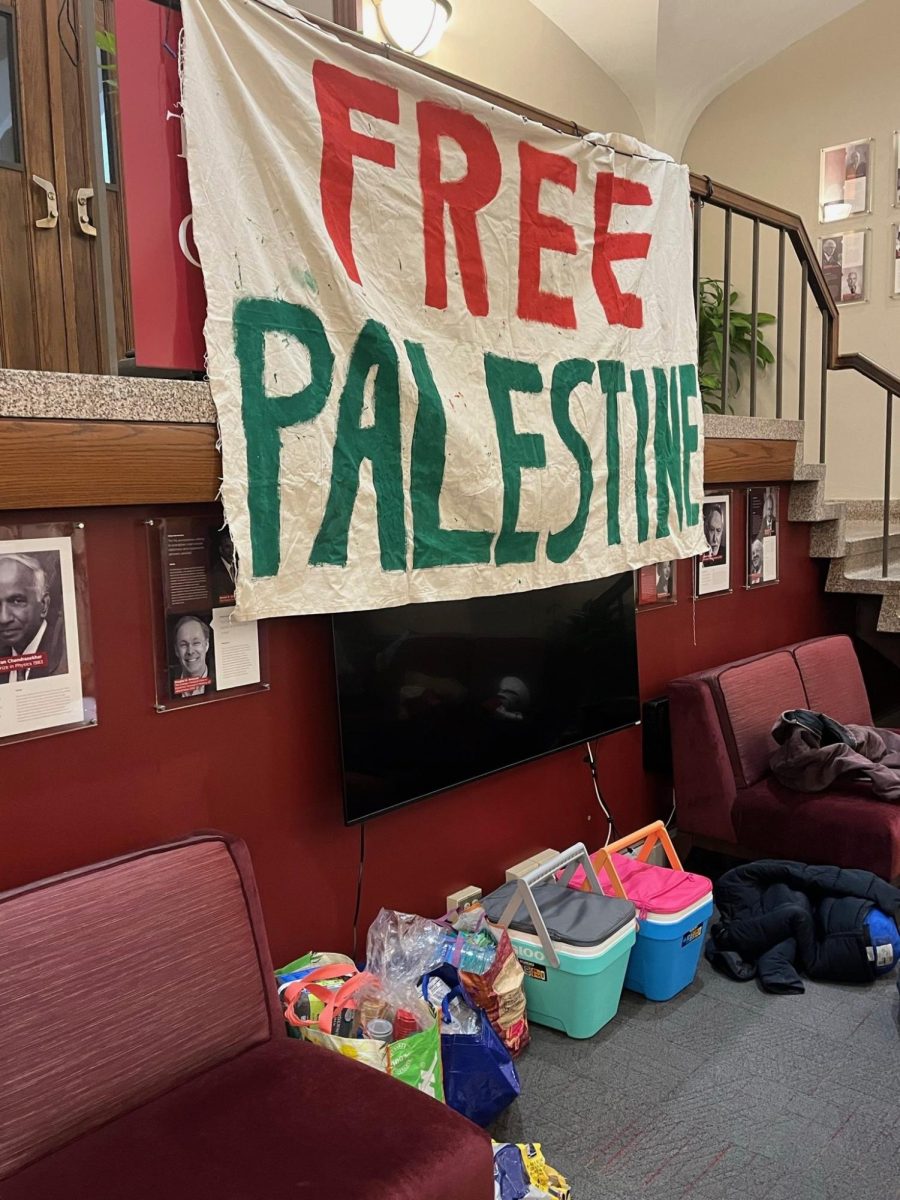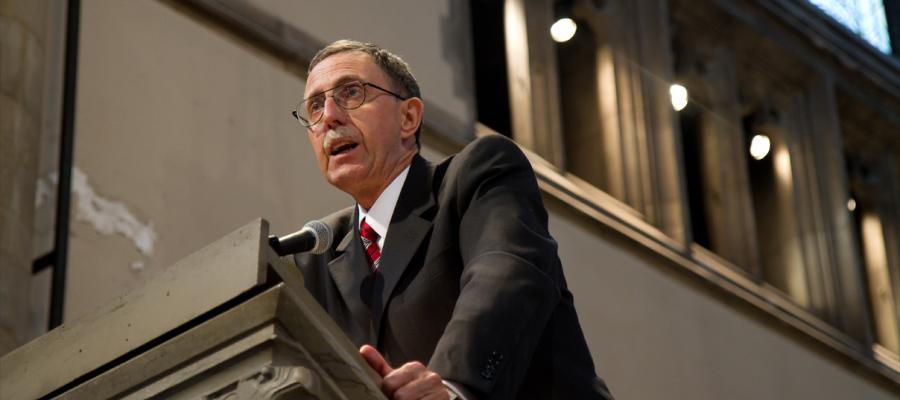Arnolds recall results
Arnold Schwarzenegger’s victory in California is a victory for us all. Arnie demonstrated that any American, no matter how stark his inexperience, can achieve high office. I now feel confident teaching my future children that no matter how vulgar their sexual improprieties, no matter how blatant their history of illegal activity, no matter if they even bother to debate their opponents seriously, they, too, can become governor of the fifth-largest economy in the world. That is, as long as they’re not short, female, black, or Jewish.
Patrick Burke (“Arnold could be the best thing for California since sliced bread,” 10/14/03) is right about the ineptitude of elected officials?but if he thinks Arnie represents much more than a colorful variation on that theme, he’s been beguiled. He cites the wooden character of Gray Davis, then pleads, “When did merit cease to be a factor in politics?” The answer: about when “actor” and “businessman” became adequate credentials to lead. Our collective inability to distinguish celebrity and heroism has reached new and impressive heights. Sure, charisma is a valuable quality for politicos?making and maintaining strong connections to a variety of groups requires that kind of, yes, verve, in which Gray Davis was sorely lacking. But charisma is valuable only in its application to something more significant, something with more vision than the newest action flick. Politically, Arnold is little more than a plasticine mold for a few vaguely expressed political leanings. The main agenda he’s pushing is himself. Burke goes on to express his favor for outsiders over “career politicians.” While I’m not wholly adverse to political outsiders as candidates, outsider status alone means nothing. It’s valuable only if, while on the outside, a candidate gained skills and perspective to bring to politics. Despite the best efforts of Fox News?and Arnie’s winning accent?I fail to be convinced of the civic value of having inappropriately groped a Banana Republic’s?worth of women. Burke wants his leaders to be “quotable,” to speak their minds. As a person who likes to speak her mind, and hopes she is occasionally quotable, I understand the appeal. But appeal should be the bottom line for pop stars and wrestlers, not the folks deciding whether to demolish public housing, whether to expand or restrict social services, or the fate of death row inmates. Politics are entertainment only for those who have nothing at stake.
Emily Alpert
Viewpoints Contributor
Defending Indo-Israeli arms deal
Before considering the India-Israel military relationship, certain facts must be considered?facts that Haider Ghazavi either forgot or distorted in his recent article (10/17/03, “Indo-Israeli Phalcon deal could spark dangerous arms race”). He claims that “Vajpayee…decided to mobilize troops into occupied Kashmir which led to the Kargil war.” First, “occupied” is a relative term. Although Pakistan calls its part of Kashmir “Azad Kashmir,” meaning “Free Kashmir,” it conveniently forgets that much of what was originally Kashmir, including areas such as Gilgit, is no longer part of Kashmir, and that its citizens have almost no rights. In addition, Pakistan is not a democracy, so calling the region “Free Kashmir” has little meaning.
Ghazavi makes further errors in his historical information. The Kargil Crisis was not caused by Indian troop mobilization in Jammu and Kashmir. It was caused by Pakistani-sponsored militants and regular-uniformed soldiers who broke the Line of Control and intruded into Indian territory over the winter months. India moved in troops to defend its territory and the lives of those of its people who live in Jammu and Kashmir. In addition, India?at the cost of over 1000 military lives?fought Pakistan’s troops and state-sponsored terrorists back. It was only then?U.S. President Bill Clinton’s “request” for Pakistan to withdraw its forces that saved Pakistani Premier Nawaz Sharif from another embarrassing loss for Pakistan’s military.
While I am no supporter of religion-based politics as espoused by some of the Bharatya Janata Party’s (BJP) associate parties and its own right wing, the BJP has done more to improve India’s economy, education levels, women’s rights, and many other socio-economic factors than the Congress Party ever managed to do. Yes, the BJP has allowed certain awful things to happen, specifically ethnic and religious violence, but nonetheless, it was Vajpayee who extended a hand of friendship to now-deposed Pakistani Premier Nawaz Sharif, and it was Pakistan that once again violated India’s trust. Pakistan has yet to prove to India that it can keep to its promises. Pakistani-sponsored terrorists kill thousands of innocent civilians in Kashmir every year, and, as recent attacks on India’s parliament and on Christians within Pakistan have shown, Pakistan’s terrorists want to attack everything that represents democracy, freedom, or religious alternatives that do not match their extreme right-wing views.
Let’s be clear on another issue: Pakistan is absolutely not an ally to the U.S. or any other free nation in the war on terrorism. Along with Saudi Arabia, Pakistan is the world’s greatest source of terrorism. India, in contrast, has a larger Muslim population than Pakistan, is a democratic country, and has been fighting against Pakistani-sponsored terrorism since India helped liberate Bangladesh in the 1970s. However, the U.S. hardly considers India one of its main “allies” and continues to give Pakistan billions of dollars a year.
With regards to the arms deal itself, the sale of the Israeli Phalcon radar system is clearly a strategic and defensive move. Israel has far more advanced military technology than India, and has dealt with terrorism for a long time. Its knowledge about how to fight terrorism is extremely valuable to India and the safety of Indian citizens. The Phalcon deal is not going to “spark” an arms race. That would imply that an arms race does not currently exist.
Before we start talking about peace and building trust between India and Pakistan, we should try to understand the underlying causes of the conflict and the legitimate reasons India has for distrusting Pakistan.
Karan Goel
Third-year in the College
Don’t ignore pernicious alumni influence
While it is common to read articles in the Maroon about achievements of alumni and current students of the University of Chicago, it is indeed very difficult to find information about the not so remarkable practices of some of its present and past members. As a citizen of a Latin American nation, I ask myself why the student newspaper provides no information about the often pernicious influence of U of C?trained economists in the creation of unfair economic policies and their respective crises in countries such as Argentina, Mexico, and Brazil. In addition, there is the recent issue in Bolivia, whose president, a U of C alumnus, resigned last week after his implementation of undemocratic policies and a violent repression that caused the deaths of dozens of citizens. Many other similar cases can be brought to light. I believe that an independent student newspaper should write extensively about these things. News about college rankings and the film career of Anthony Hopkins are fine as long as they do not overshadow the treatment of truly important issues.
Gabriel Cecchini (M.A. 2002)
C?rdoba, Argentina
College rankings misunderstood
I am troubled by the misrepresentation of the Atlantic Monthly’s so-called “ranking system” in Quinn Bernier’s article, “New college ranking system rekindles criticism” (10/17/03). The list in question is clearly not intended as a quality-of-education ranking, as the U.S. News and World Report rankings are, but is instead intended to illuminate the reasons some schools are viewed as more selective than others. If Bernier had bothered to read even the title of the accompanying article, “The Selectivity Illusion,” he would have discovered that the central thesis of the article is that the “selectivity” that the list is based on has nothing to do with quality of education.
In the aticle, author Don Pech states “Such a rating seems to provide clarity. But the clarity is an illusion.” Bernier seems to have mistaken this very illusion for reality.
Mike Seifert
Graduate Student, Physics Department







